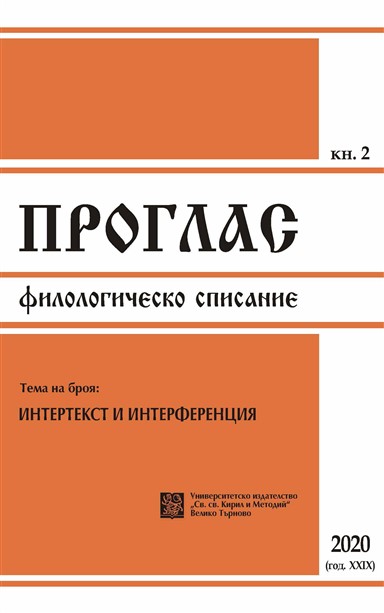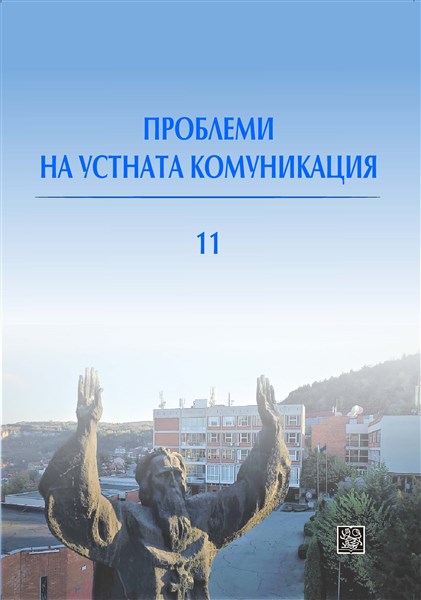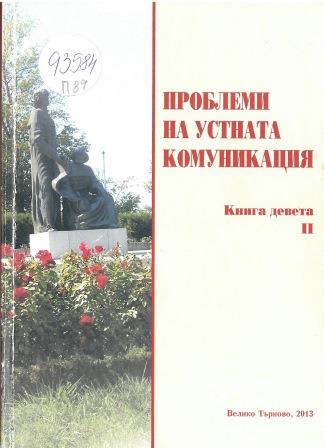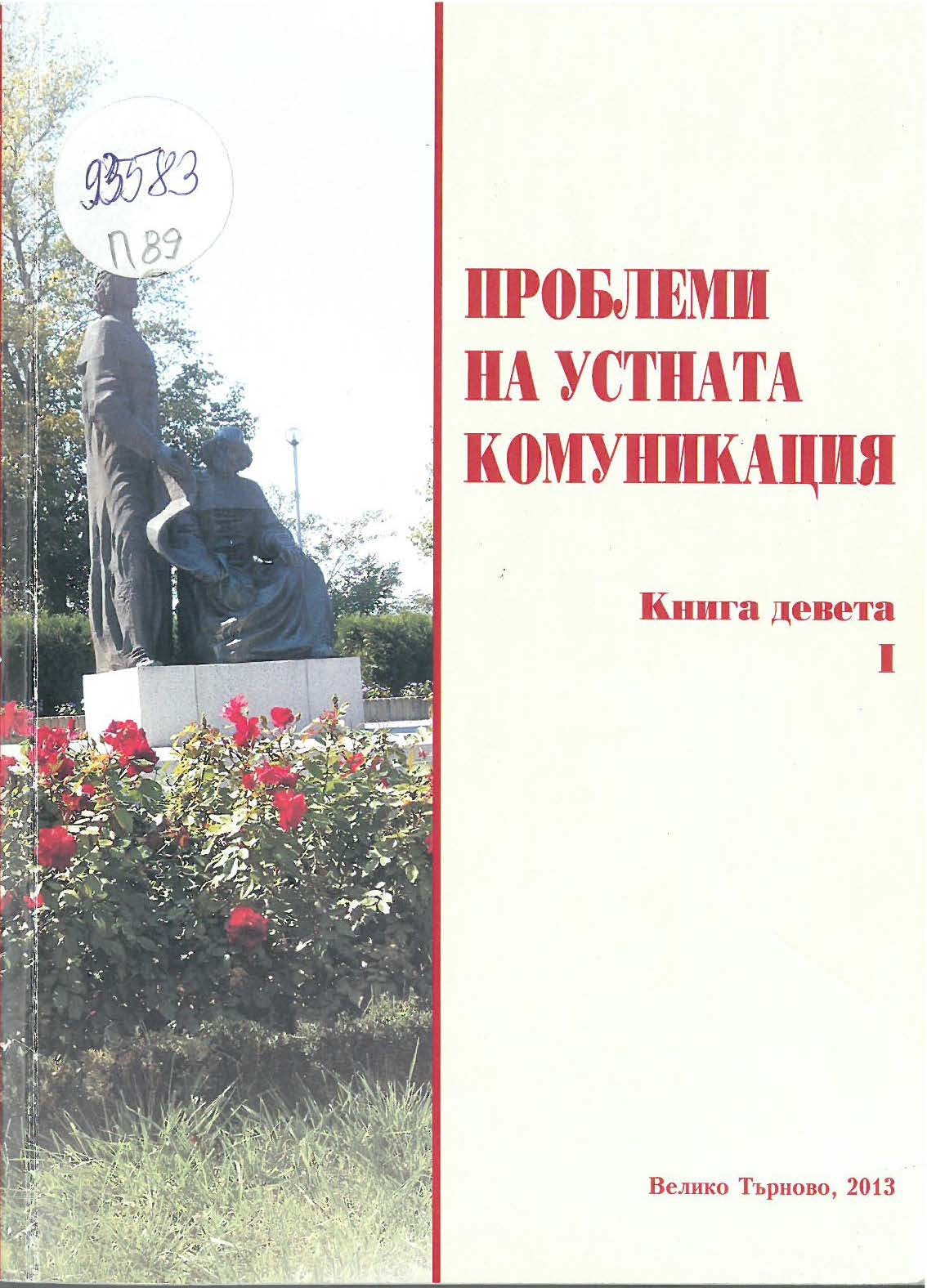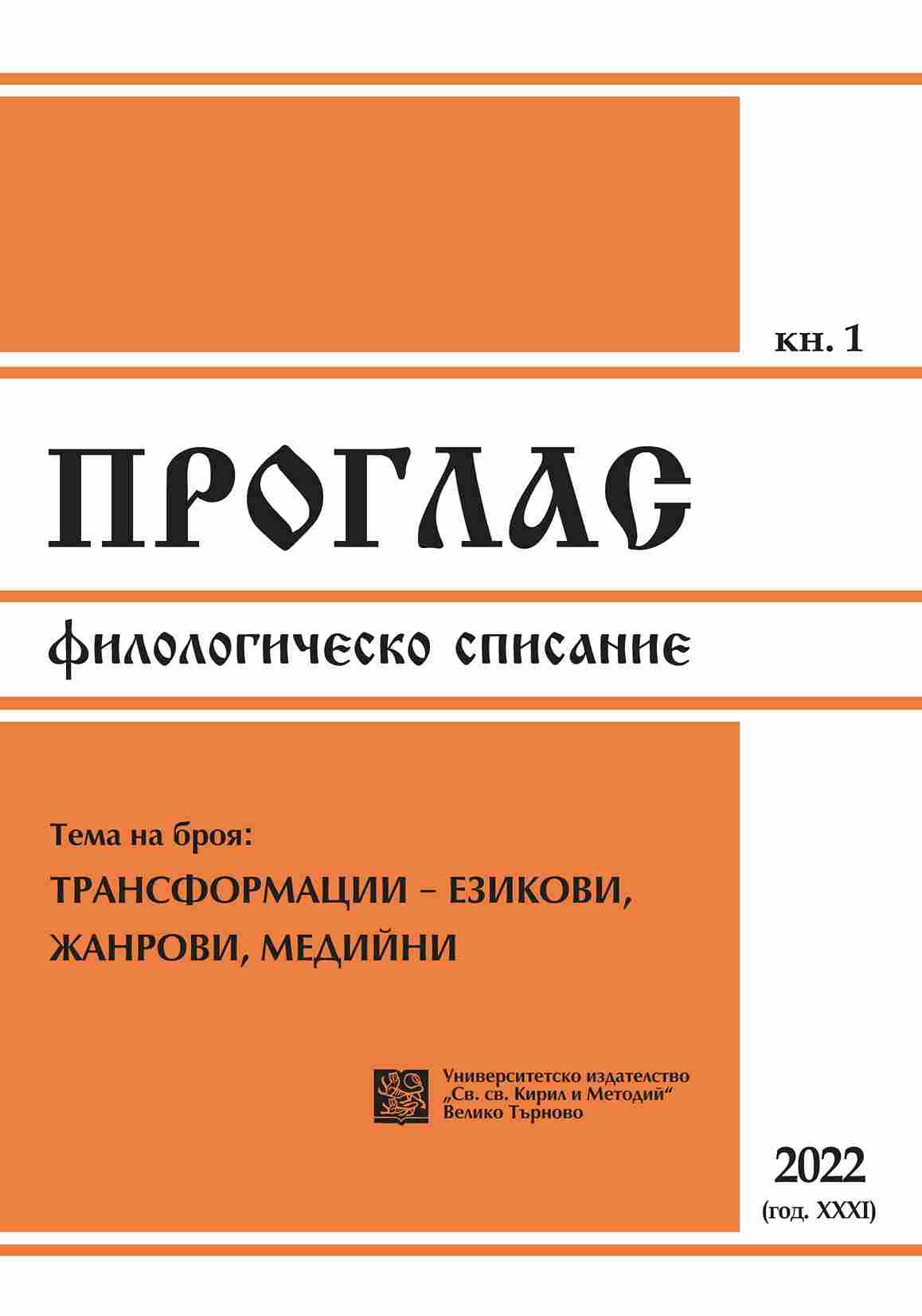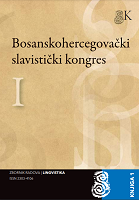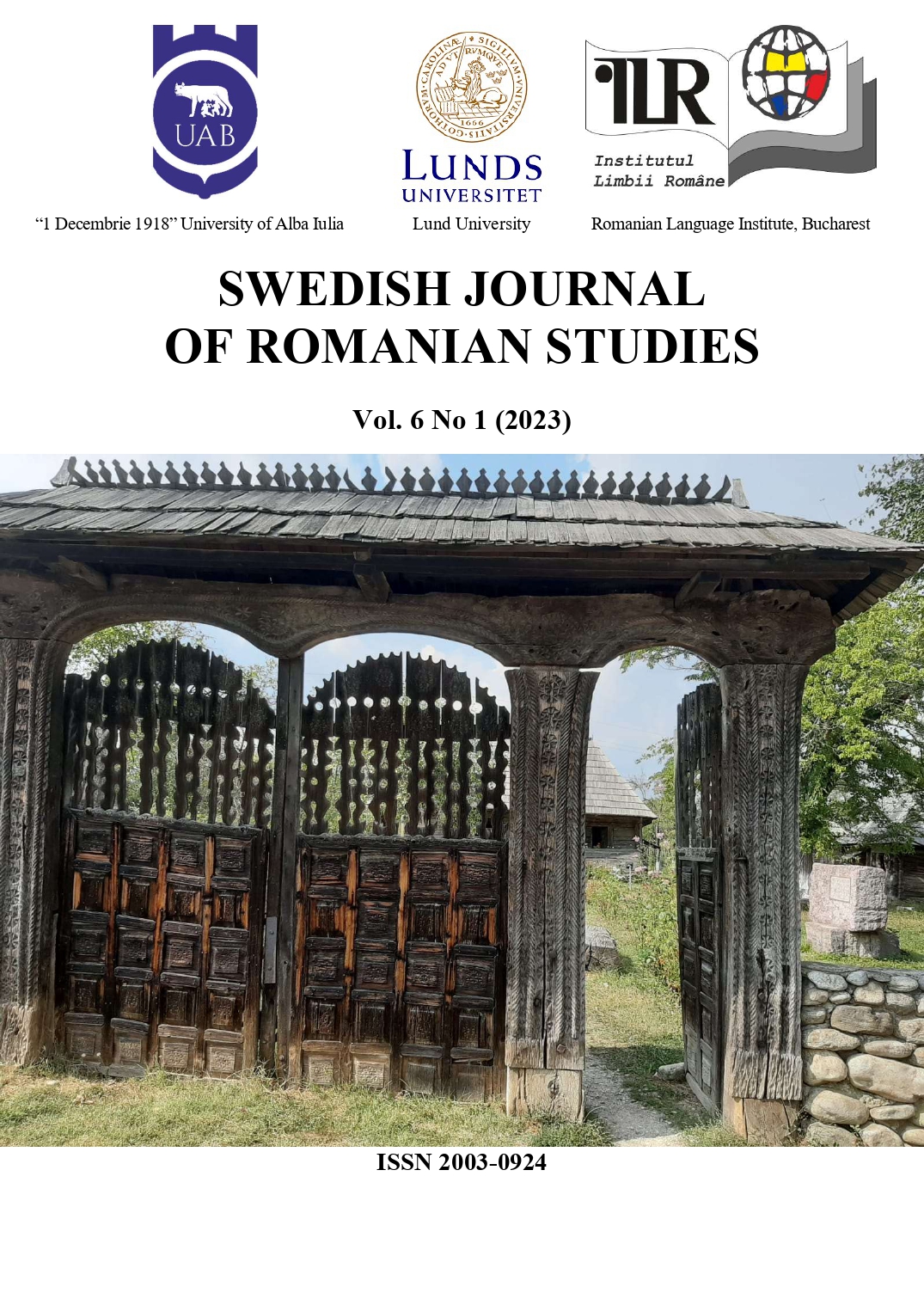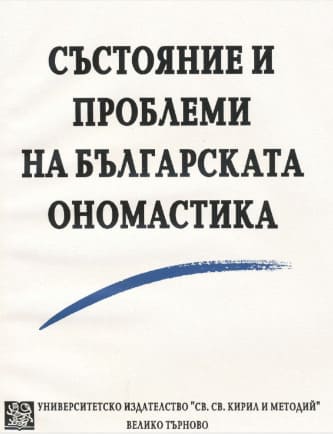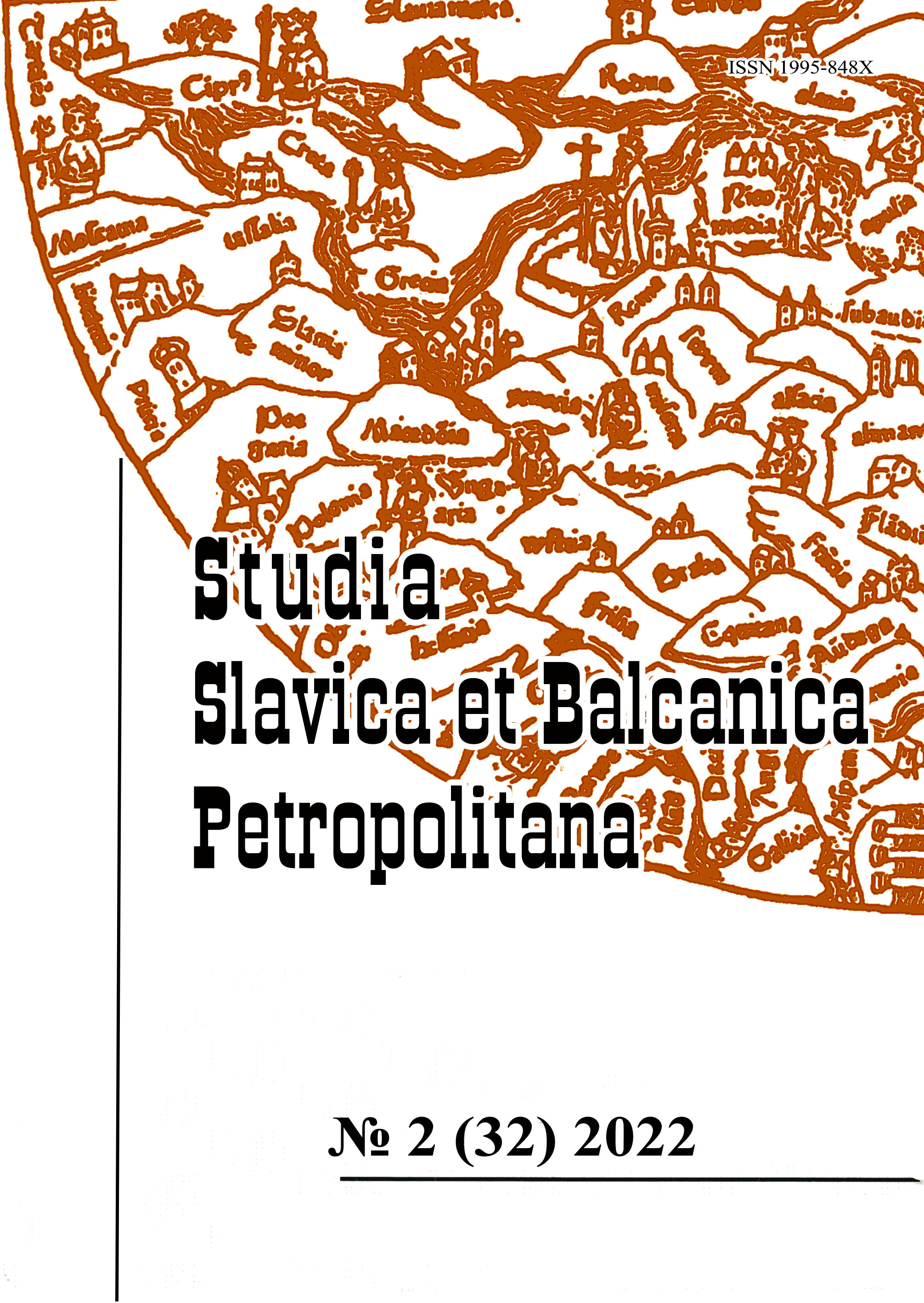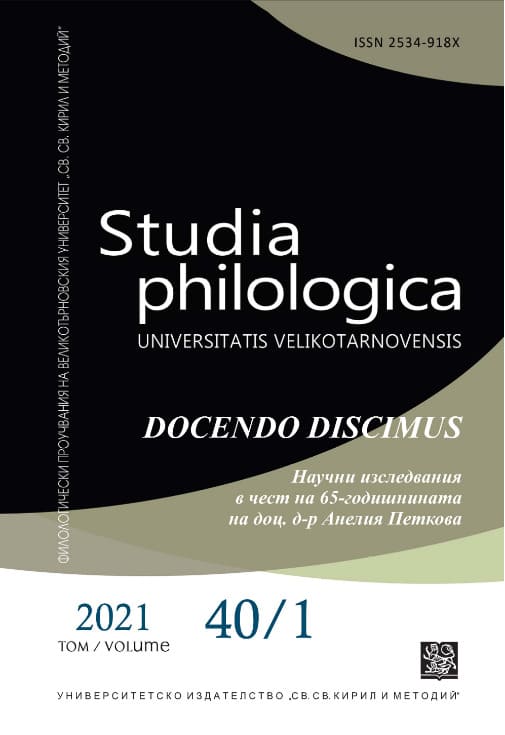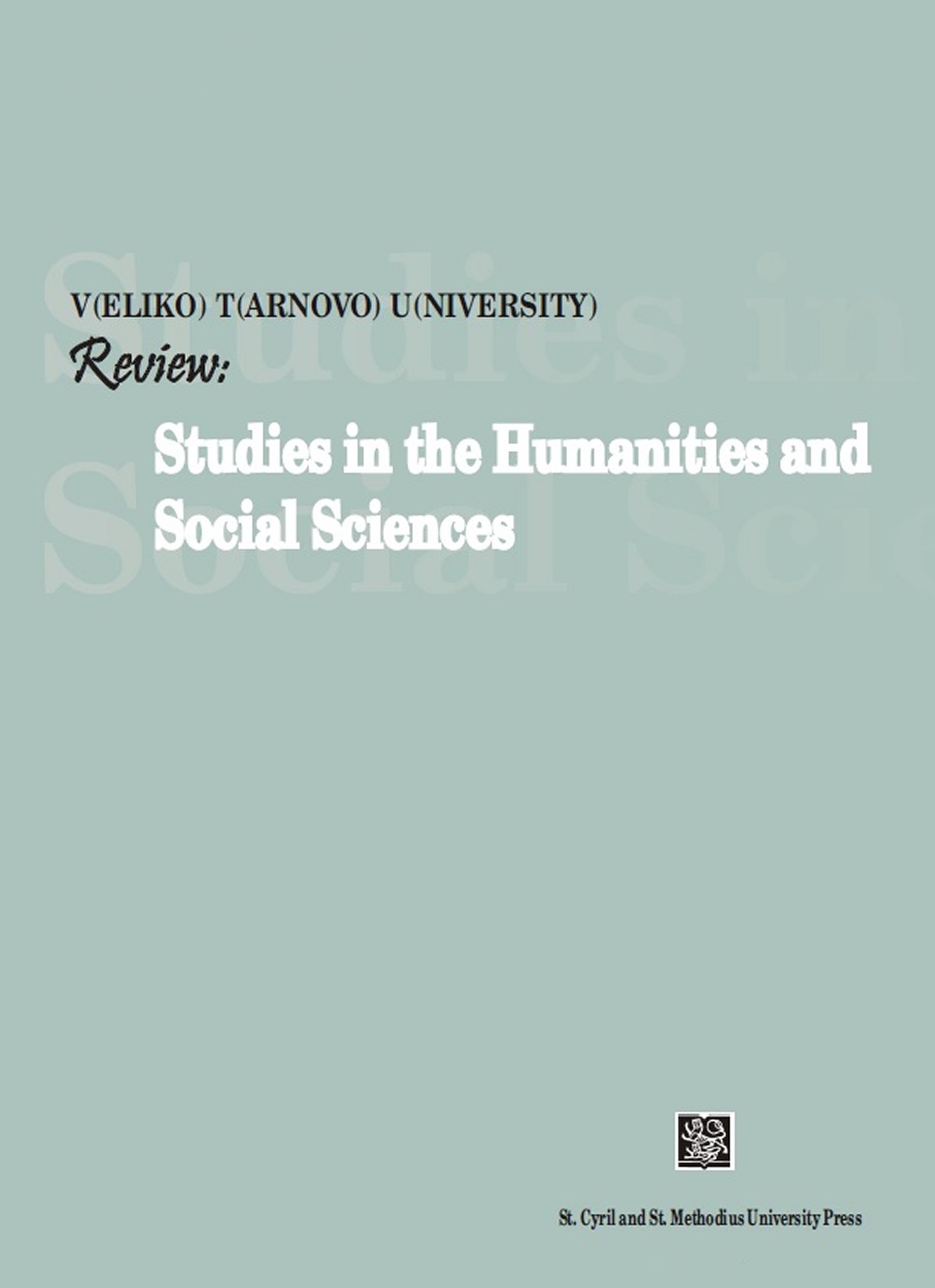
The West from a Byzantine Perspective During the Early Crusades
The article explores changing attitudes to western Europeans in the Byzantine Empire from the eleventh century until the Fourth Crusade and for some time after it. Special attention is paid to the development of old stereotypes and the emergence of new ones. More active contacts between the two halves of Christendom from the eleventh century onwards did not result in an expected rapprochement, but rather led to hatred and resentment. The article focuses on a number of texts by Byzantine authors, such as Michael Psellos, Anna Komnena, John Kinnamos, Eustathios of Thessaloniki, and Niketas Choniates. In my view, the changes in Byzantine perceptions of the west could be represented in terms of the following metaphorically named stages: Calm, Menace, and Bitterness and Despair.
More...
